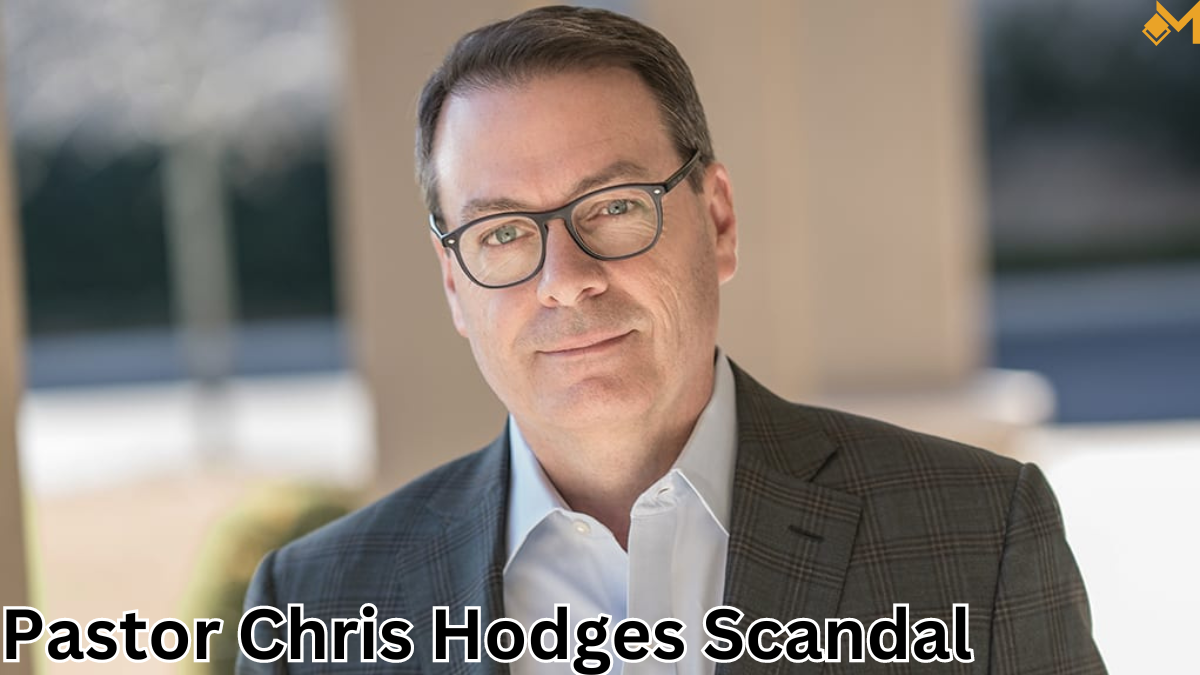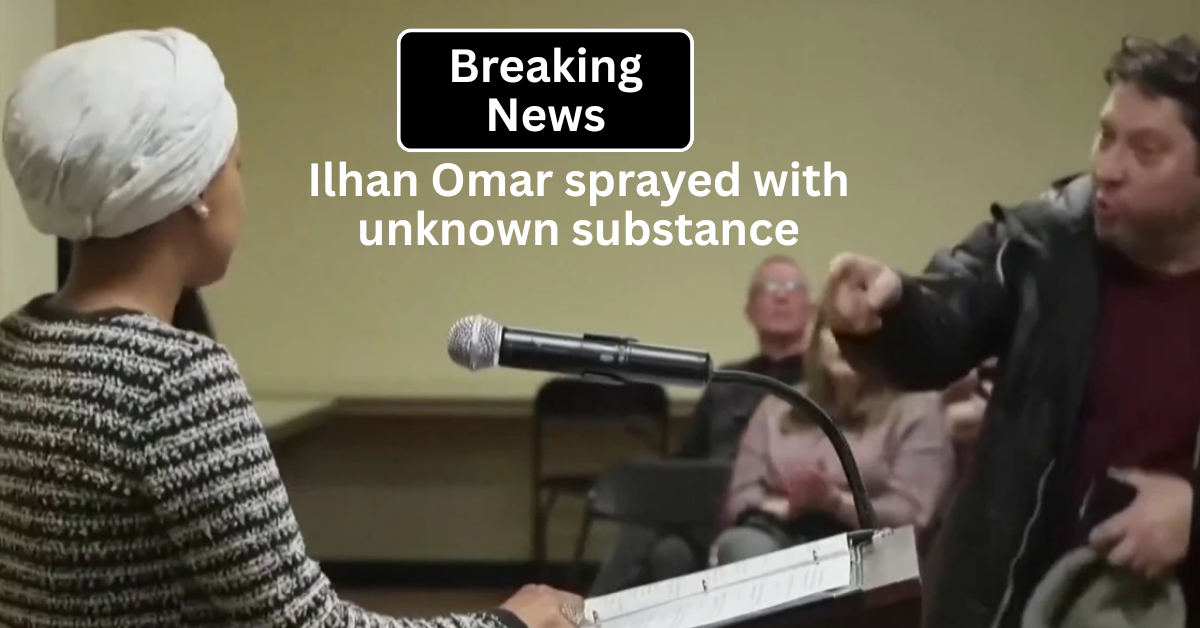Pastor Chris Hodges is a prominent figure in the evangelical community, best known as the founder and leader of the Church of the Highlands, one of the largest and fastest-growing churches in the United States. With a reputation built on passionate preaching, community outreach, and a robust network of affiliated churches, Hodges has been a significant influence on modern evangelicalism. However, in 2020, his social media activity sparked a scandal, igniting widespread controversy and debate.
Background on Pastor Chris Hodges
Early Life and Ministry
Chris Hodges was born on June 21, 1964, in Baton Rouge, Louisiana. He began his ministry journey in the late 1980s, working as a youth pastor before eventually planting the Church of the Highlands in Birmingham, Alabama, in 2001. The church quickly grew, gaining a reputation for its dynamic services, practical teachings, and commitment to community service.
Church of the Highlands
Under Hodges’ leadership, the Church of the Highlands became one of the largest churches in the United States, with tens of thousands of members attending multiple campuses throughout Alabama. The church grew rapidly due to Hodges’ relatable sermons and strong emphasis on small group ministry.
The Scandal: An Overview
Social Media Activity
The controversy surrounding Pastor Chris Hodges began in early 2020 when it was discovered that he had liked several posts by Charlie Kirk, a conservative commentator and founder of Turning Point USA. Some posts were deemed racially insensitive, especially amid heightened racial tensions after George Floyd’s death.
Public Outcry
The revelation of Hodges’ social media activity led to immediate backlash from various community members and organizations. Critics claimed his actions contradicted the Church of the Highlands’ values of inclusivity and racial equality. The scandal gained national attention, putting both Hodges and his church in the spotlight.
Responses and Reactions
Pastor Chris Hodges’ Apology
In response to the backlash, Pastor Chris Hodges issued multiple public apologies. He expressed regret for his actions and acknowledged the hurt they caused within the community. Hodges asserted his social media activity didn’t reflect his beliefs and reaffirmed commitment to unity.
“I realize my actions were hurtful and offensive to many, and I am deeply sorry,” Hodges apologized. “I’ve listened to my African American brothers’ and sisters’ pain, committing to learn and make positive changes.”
Church of the Highlands’ Actions
The Church of the Highlands took several steps to address the controversy and demonstrate its commitment to racial reconciliation. These measures included:
- Implementing Diversity Training: The church introduced mandatory diversity and sensitivity training for its staff and leadership to foster a more inclusive environment.
- Community Outreach: The church expanded its outreach programs to support underserved communities and address issues of racial inequality.
- Engaging in Dialogue: Hodges and other church leaders engaged in open dialogues with community leaders and members to understand their concerns and work towards healing.
Birmingham Board of Education’s Decision
One of the most significant repercussions of the scandal was the decision by the Birmingham Board of Education to terminate its lease agreements with the Church of the Highlands. The church’s use of public school facilities for worship was terminated, significantly impacting its operations.
In a statement, the Birmingham Board of Education explained that the decision was made to ensure that all students and community members felt safe and respected. The board recognized the church’s contributions but stressed prioritizing community well-being in their decision.
Impact on the Congregation
Mixed Reactions
The scandal elicited a range of reactions from the Church of the Highlands’ congregation. While some members were disappointed and hurt by Hodges’ actions, others remained supportive of him, appreciating his apologies and commitment to making amends. The incident prompted many congregants to engage in deeper conversations about race, privilege, and the role of the church in addressing social issues.
Healing and Moving Forward
Despite the controversy, the Church of the Highlands has continued to grow and thrive. The church has focused on healing and moving forward, with an emphasis on unity and inclusivity. Hodges’ leadership and the church’s proactive measures have rebuilt trust and fostered community among members.
Broader Implications
Leadership Accountability
The scandal involving Pastor Chris Hodges highlights the importance of accountability for leaders, especially those in influential positions. It underscores the need for leaders to be mindful of their actions and the messages they convey, both publicly and privately. The incident serves as a reminder that leaders must strive to embody the values they preach and be willing to take responsibility for their mistakes.
Racial Reconciliation in the Church
The controversy also brings attention to the broader issue of racial reconciliation within the church. It underscores the need for churches to actively engage in conversations about race and to take concrete steps towards promoting equality and inclusivity. The Church of the Highlands‘ response to the scandal demonstrates that while mistakes can be damaging, they can also serve as catalysts for positive change.
Social Media and Public Perception
In today’s digital age, social media activity can significantly impact public perception. The scandal involving Pastor Chris Hodges illustrates how actions on social media can have far-reaching consequences, affecting not only individuals but also the organizations they represent. It highlights the importance of thoughtful and responsible use of social media, particularly for public figures.
Lessons Learned
The Importance of Listening
One of the key lessons from the scandal is the importance of listening. Pastor Chris Hodges’ willingness to listen to the pain and anger of those affected by his actions was a crucial step in the healing process. It demonstrated humility and a genuine desire to understand and address the concerns of the community.
Commitment to Change
The Church of the Highlands’ proactive measures to address the controversy and promote racial reconciliation show that genuine change requires commitment and action. Implementing diversity training, expanding community outreach, and engaging in open dialogue are tangible steps that can help to rebuild trust and foster a more inclusive environment.
The Role of the Church in Social Issues
The scandal also highlights the role of the church in addressing social issues. Churches have a unique platform and responsibility to promote justice, equality, and reconciliation. The Church of the Highlands’ response to the scandal serves as an example of how churches can leverage their influence to make a positive impact in their communities.
FAQS
1. What is the scandal involving Pastor Chris Hodges?
The scandal involving Pastor Chris Hodges, founder of the Church of the Highlands, revolves around his social media activity. Specifically, he liked several posts by conservative commentator Charlie Kirk, some of which were considered racially insensitive and divisive, especially in the context of heightened racial tensions in 2020.
2. How did Pastor Chris Hodges respond to the controversy?
Pastor Chris Hodges responded to the controversy by issuing multiple public apologies. He expressed deep regret for his actions, acknowledged the hurt caused, and committed to learning from the experience. He emphasized that his social media activity did not reflect his true beliefs and reiterated his dedication to promoting unity and fighting racism.
3. What actions did the Church of the Highlands take following the scandal?
The Church of the Highlands implemented several measures to address the controversy, including mandatory diversity and sensitivity training for staff and leadership, expanded community outreach programs to support underserved communities, and open dialogues with community leaders to address concerns and promote healing.
4. What were the consequences for the Church of the Highlands?
One significant consequence was the decision by the Birmingham Board of Education to terminate its lease agreements with the Church of the Highlands, which had been using public school facilities for worship services. This decision impacted the church’s operations and its outreach programs within the community.
5. How did the scandal affect the Church of the Highlands’ congregation?
The scandal elicited mixed reactions from the congregation. Some members were hurt and disappointed by Hodges’ actions, while others appreciated his apologies and commitment to making amends. The incident prompted deeper conversations about race and the church’s role in addressing social issues, ultimately leading to a renewed focus on unity and inclusivity within the church.
Conclusion
The scandal involving Pastor Chris Hodges was a significant moment for the Church of the Highlands and the broader evangelical community. It brought to light important issues related to race, leadership, and accountability. While the controversy was challenging and painful, it also provided an opportunity for growth and positive change.
Pastor Chris Hodges’ apologies and the Church of the Highlands’ proactive measures demonstrate a commitment to learning from mistakes and working towards a more inclusive and just community. The incident serves as a reminder that true leadership involves not only guiding others but also being willing to listen, learn, and make amends.
As the Church of the Highlands continues to move forward, the lessons learned from this scandal will undoubtedly shape its future. By embracing transparency, accountability, and a genuine commitment to racial reconciliation, the church can continue to fulfill its mission of spreading hope, love, and unity.
Sign up for our Daily newsletter
We'll be in your inbox every morning Monday-Saturday with all the day’s top business news, inspiring stories, best advice and reporting from Entrepreneur,


